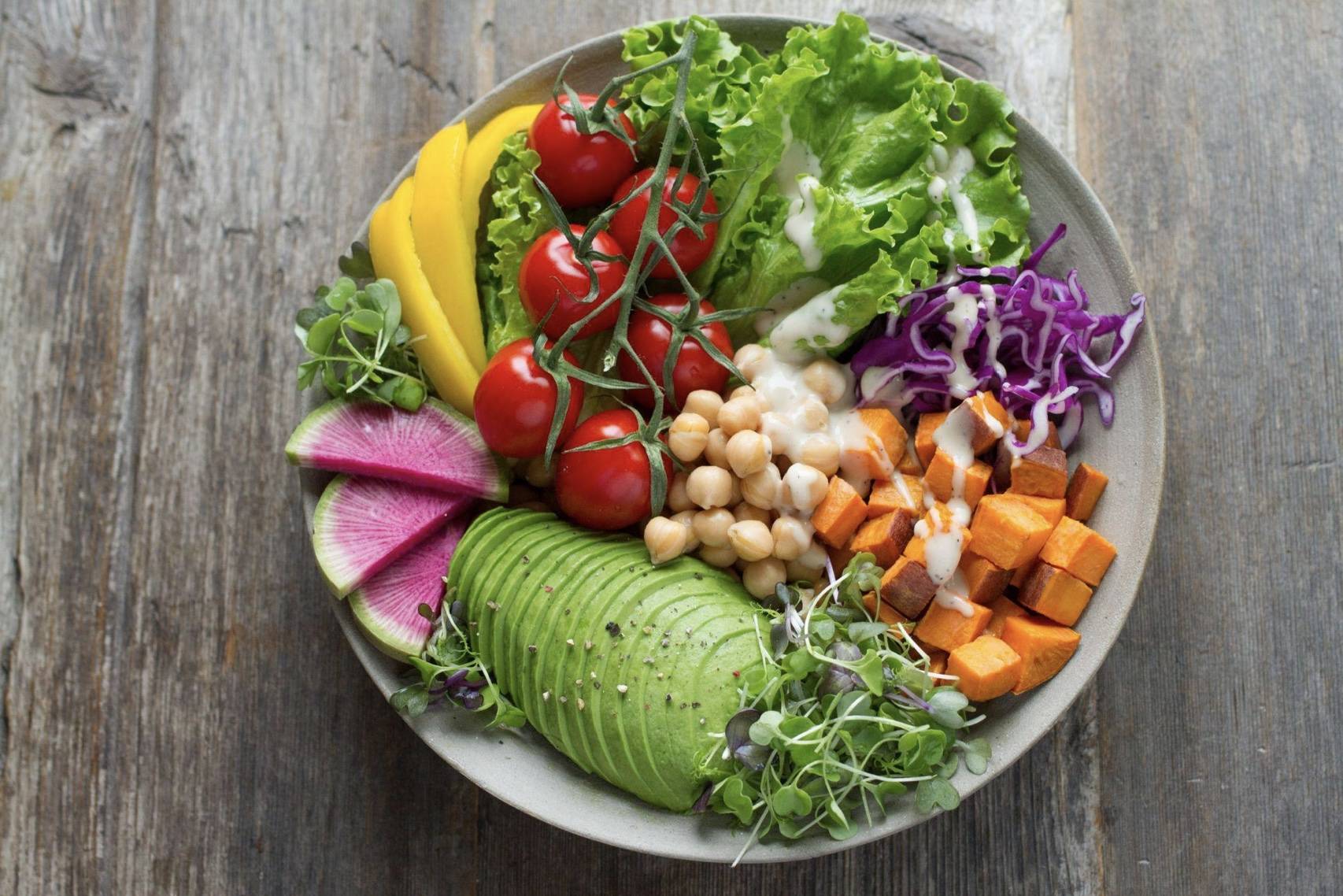
May 2022. This article is independently written by Shelby Golding. All opinions given are hers. Shelby has been certified as a personal trainer and nutritional specialist since 2007. In 2008, she found her passion for writing about these topics and hasn't looked back.

The brain accounts for about 20% of the body’s energy usage every day. Laughing boosts your metabolism by increasing your heart rate by 10 to 20 percent. Crying burns about 1.3 calories per minute. Anxiety slows your digestion and could cause stomach aches, diarrhea, and gas. The mind and the gut are inexorably linked.
Your Brain on Junk Food
Junk food is unhealthy for many reasons, but one of its most detrimental effects happens in the brain. Studies show that adolescents who eat junk food have a more challenging time thinking, remembering, and learning. As a result, they are more likely to act impulsively and develop depression, anxiety, or both. But the harmful effects of junk food are not confined to your growing years.
Adults who consume large amounts of saturated fats are more likely to be overweight or obese. Obesity leads to chronic inflammation, bringing about mental health issues like depression, anxiety, fatigue, and social withdrawal.
An excess of sugar has been linked to increased incidents of depression. Too much sugar causes imbalances in brain chemicals like dopamine which regulate your pleasure response. Refined carbohydrates are in white bread and pasta, crackers, cookies, and soda. These highly processed macronutrients cause spikes in blood sugar, triggering a hormonal response to reduce blood sugar levels. As a result, the consumer might feel fatigued, depressed, and have dramatic mood swings.
You're better off avoiding junk food for your mental health. But if you do indulge, make sure you only eat small portions and do not eat them every day.
Your Brain on Greens

Supplements for Mental Health
Thankfully, nutritional supplements are available in most grocery stores and can be an excellent way to support your mental health.
A few of the best nootropic supplements to support your mental health are:
● Resveratrol: This antioxidant is found in red or purple fruits and wine, chocolate, and coffee. Resveratrol supports the memory center of the brain and slows age-related cognitive decline.
● Creatine: This supplement naturally occurs in the body and can be found in most animal-based products. Evidence shows that creatine supplements can improve brain functions like thinking and memory in people who do not eat meat.
● Caffeine: This natural stimulant jump-starts the central nervous system and brain to make you more alert. Coffee can also improve reaction times and improve memory.
● Ginkgo Biloba: This herbal supplement is thought to increase blood flow to the brain to improve cognition, learning, and memory.
Food and Mental Health
Changes to your diet also need time to take effect. You cannot eat a salad one day of the week and expect your depression to disappear magically. Instead, the effects build over time, and you may find that other aspects of your health improve simultaneously.
Disclaimer: Kailo should not be used if you have a pacemaker or if you are pregnant. Always consult your doctor or health care professional before using Kailo.






